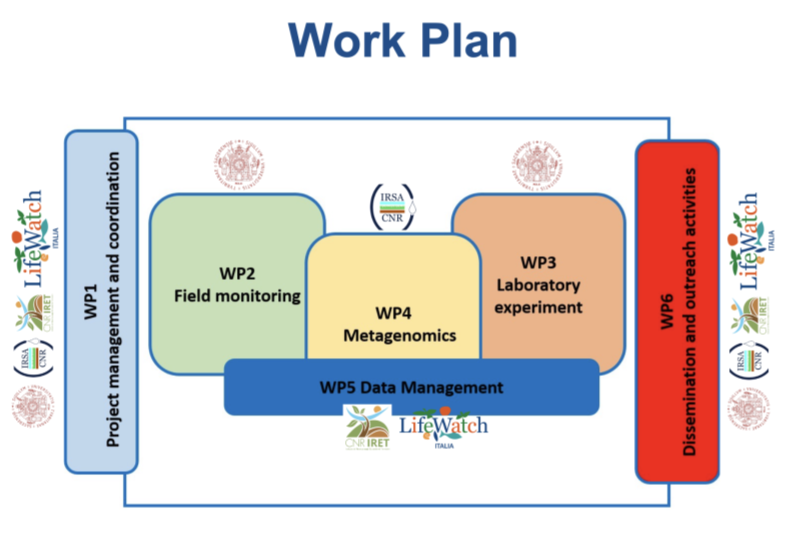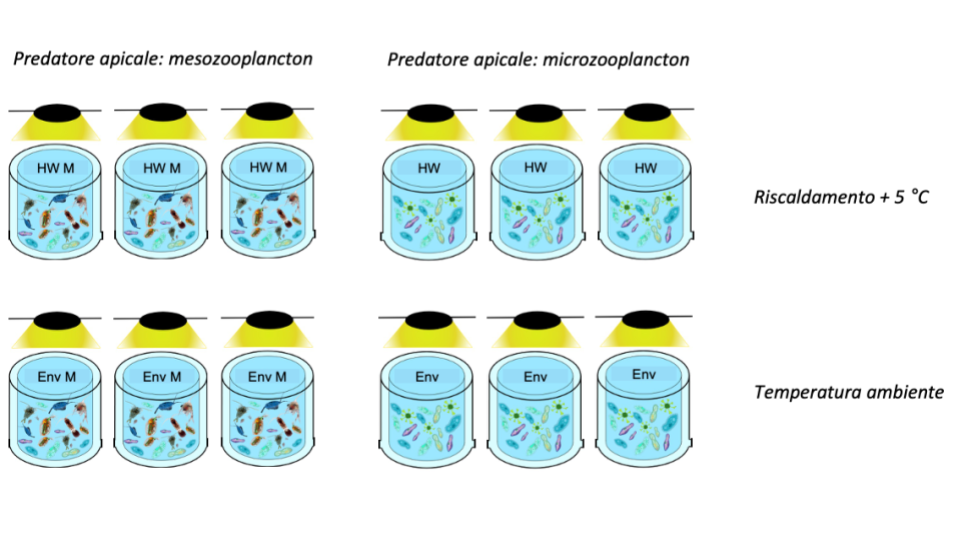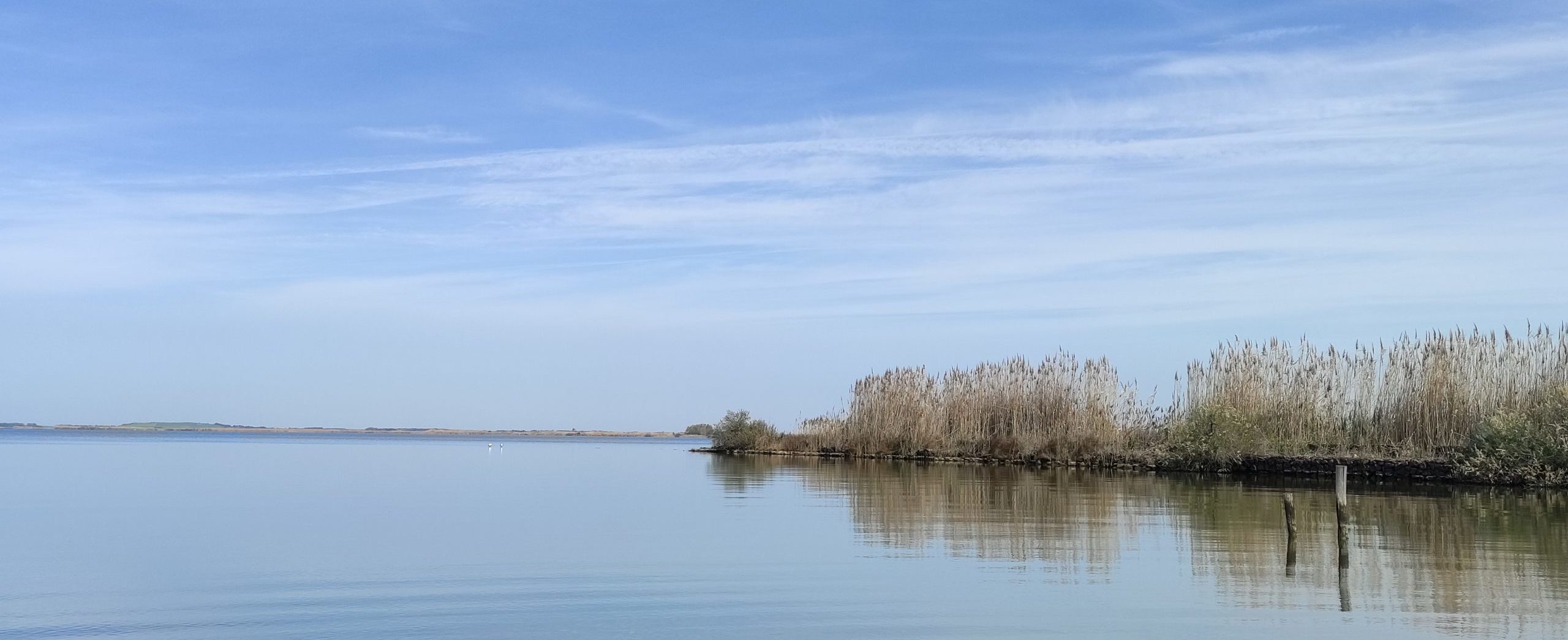
Work Package 1 is dedicated to project coordination and it will be coordinated by the Principal Investigator (UNISS) with the assistance of a steering committee composed by the leaders of the other RUs (CNR-IRSA and CNR-IRET). The planned activities include the organisation of a Kick off meeting to set up the start of all the research activities; the evaluation of the work progress and the achieved results; and the management of the financial and administrative aspects of the project, producing financial and scientific reports.
Work Package 2 focuses on sampling activities and data acquisition through sample analysis. The first activity is to collect monthly water samples, physical and chemical parameters from Bidighinzu Lake and Cabras Lagoon (Sardinia, Italy) during an annual cycle. The second activity is to analyse nitrate, nitrite, ammonium, total nitrogen, orthophosphate, total phosphorus and silicate in the collected water samples using a spectrophotometer. The third activity is to analyse water samples to obtain the concentration of chlorophyll a, measured fluorimetrically, and taxonomical and dimensional information of plankton using different approaches. Phytoplankton and ciliates will be analysed according to the Utermöhl technique and using an inverted light microscope. Nanoflagellates will be analysed through the epifluorescence microscopy. Picoplankton and mesozooplankton analyses will be performed using a flow cytometer and a binocular microscope, respectively.
Work Package 3 focuses on experimental activities carried out on two plankton communities incubated separately in laboratory at an increased temperature treatment, in presence and in absence of mesozooplankton. Two natural plankton communities, one from Bidighinzu Lake and one from Cabras Lagoon, will be collected in summer and incubated to the laboratory in semi-transparent plastic buckets at a +5°C increased temperature compared to the control units. From each experimental unit will be carried out measures of water temperature, pH, dissolved oxygen and conductivity/salinity directly using a multi-parameter probe, and analyses of nitrate, nitrite, ammonium, total nitrogen, orthophosphate, total phosphorus and silicate using the same instruments and methods used for the analyses of water samples collected from the field. Moreover, plankton analyses will be exactly performed the same as explained for the analyses of water samples collected from the field. All data collected will be used for statistical analyses and to integrate the results.

Work Package 4 is dedicated to metagenomics analyses on water samples collected from field and experimental units. The samples of the different planktonic fractions (picoplankton, nanoflagellates, phytoplankton and ciliates, and mesozooplankton) will be processed for DNA extraction using commercial kits following the manufacturer’s instructions opportunely modified to obtain the maximum yield of DNA. DNA samples will be fluorometrically quantified and sequenced using Illumina platform for both 16S and 18S amplicon sequencing and shotgun sequencing. Raw reads will be processed using bioinformatic pipelines already available and the raw reads will be deposited into NCBI to make them publicly available. The collected data will be used for the statistical analysis of the eukaryotic and bacterial communities and of the antibiotic-resistome.
Work Package 5 aims at managing all digital research products of the project, taking into account all steps of the research life cycle, and by applying the FAIR (Findable, Accessible, Interoperable, and Re-usable) and Open Science principles. A data management plan will be provided with guidelines on (meta)data standards, vocabularies and quality control procedures adopted, and information on usage licences and storage. Additionally, a dedicated space will be created on the LifeWatch Italy Data Portal for all data collected and generated during the project and metadata will be also distributed by the LifeWatch Metadata Catalogue for fostering their visibility for a wider use by the international scientific community.
Work Package 6 is dedicated to dissemination and outreach activities. A mid-term and a final workshop will be organised to present the main results of the project. A short video, that applies a storytelling approach, will be produced to communicate the successes and solutions achieved by the project. Finally, the dissemination to the scientific communities will be addressed through the publications in peer-reviewed, high profile national and international journals, and presenting the final results to relevant scientific national and international conferences.
FUTURE is a project financed by the Italin Ministry of University and Research - MUR


